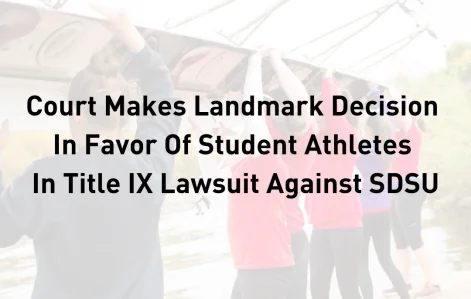In FEHA discrimination cases, the plaintiff employee must prove the employee’s protected status (i.e., race, nationality, sex, disability, etc.) was a reason for his or her termination. In other words, if a jury finds the employer discriminated against its employee, that discrimination needs to be a cause for the employee’s termination. But even if an employee was fired because, for example, the employee was disabled, if poor performance reviews or other legitimate reasons also allegedly warranted termination, this may create a “mixed motive” defense, which can bar liability and/or damages.
For years, it was unclear which legal standard would apply to a “mixed motive” case. In 2013, the Court in Harris v. City of Santa Monica was asked to review the correct standard for determining liability in mixed motive discrimination cases. There, the Supreme Court held that a plaintiff must demonstrate that the discrimination was a “substantial factor” in an employer’s decision to terminate rather than just a motivating factor. Furthermore, if the employer could prove a legitimate motive would have led to the termination, the plaintiff is only limited to declaratory and injunctive relief, and no economic recovery.
The Supreme Court’s holding was later memorialized in the California Civil Jury Instructions:
“A ‘substantial motivating reason’ is a reason that actually contributed to the [termination]. It must be more than a remote or trivial reason. It does not have to be the only reason motivating the [termination].”
Although the Court seemingly took the middle ground with the “substantial motivating factor” instruction, the rule is still a thorn in the side of many triable discrimination claims and could eviscerate much of a plaintiff’s damages. Nevertheless, an experienced attorney may be able to elicit discovery and testimony to bolster this causation inquiry and try to jump the substantial motivating factor hurdle.
To schedule your free initial evaluation, contact us online or call (619) 342-8000 today!





